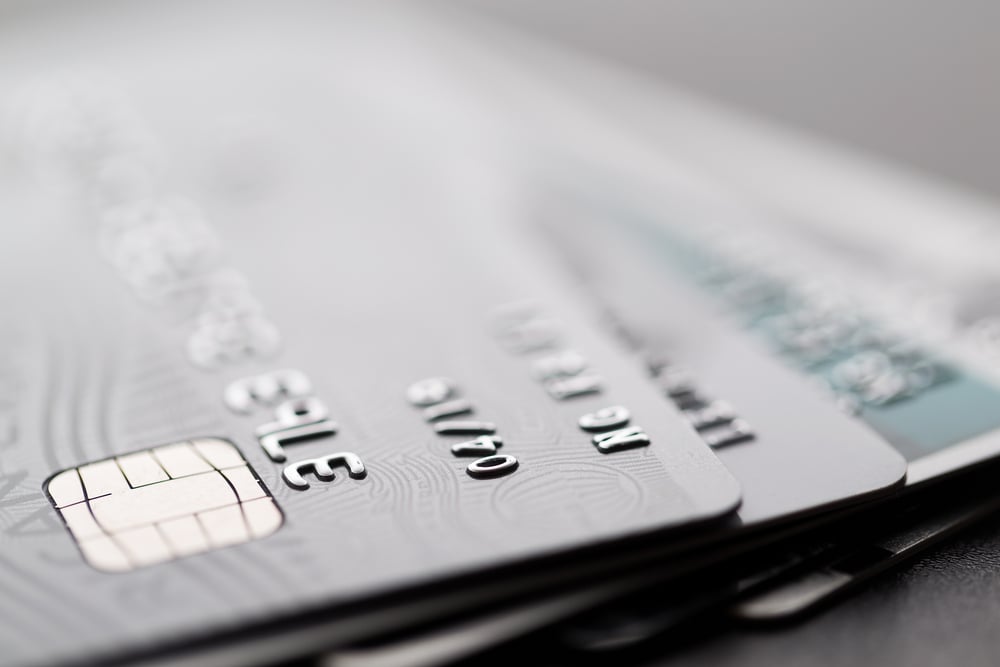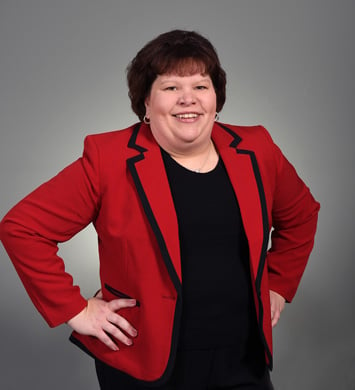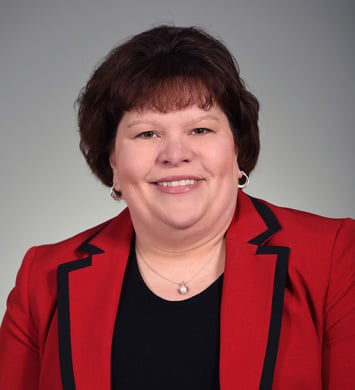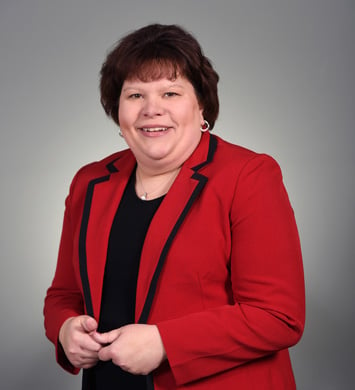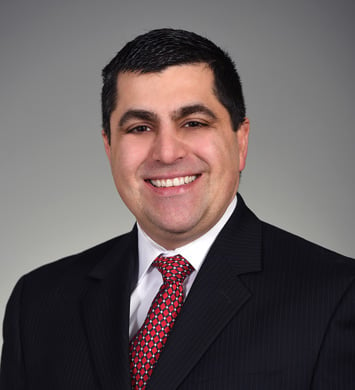Safeguard value, enhance performance, and foster resilience through robust internal controls.
From targeted attacks to internal threats and shifting regulations, the ever-evolving landscape of risks means it’s vital to anticipate these issues and have strategies in place to direct your decision-making.
Successful organizations leverage internal control systems to navigate these evolving challenges, however, many companies lack well-established risk management strategies. Herbein Risk Management services help our clients address and mitigate financial, operational, and compliance risks by providing tailored risk management solutions. Our custom solutions effectively identify, alleviate, and monitor risks to ensure continued success and stability.
Tailored Solutions
Our personalized service philosophy is based on having our internal audit, compliance, and IT professionals work together as a team to understand our clients’ goals and strategies. Our experienced professionals deliver the advice, support, and resources necessary to meet today’s business challenges. And we are agile and flexible in responding to client needs, while at the same time operating within a disciplined framework of rules and regulations.
Positioned for Success
We work with you to identify and address threats across all areas of your organization - and our team has decades of experience in implementing risk mitigation strategies that position you for long-term success.
From targeted attacks to internal threats, and shifting regulations, the ever-evolving landscape of risks means it’s vital to anticipate these issues and have strategies in place to direct your decision-making.
Successful organizations utilize their internal control systems to adeptly navigate the ever-evolving landscape of risks and emerging sources of threats. The growing uncertainty in both business and regulatory climates serves as a compelling motivation for advancing risk management practices.
However, a substantial number of companies lack well-established risk management strategies. Herbein Risk Management services strive to support our clients in addressing financial, operational, and compliance risks by providing tailored risk management solutions. These cost-effective approaches effectively identify, alleviate, and monitor risks to ensure continued success and stability.
Herbein Risk Management assists clients in safeguarding value, enhancing performance, and fostering resilience through developing and monitoring of robust internal controls.
We work with you to identify and address threats across all areas of your organization - and our team has decades of experience in implementing risk mitigation strategies that position you for long-term success.
Our personalized service philosophy is based on having our internal audit, compliance, and IT professionals work together as a team to understand our clients’ goals and strategies. Our experienced professionals deliver the advice, support, and resources necessary to meet today’s business challenges. And we are agile and flexible in responding to client needs, while at the same time operating within a disciplined framework of rules and regulations.
Learn more about our Risk Management specific services:
- Cybersecurity & Information Technology
- Financial Institution Regulatory Compliance
- Internal Audit & Internal Controls
Talk to us today about how we can help you protect your business - and your bottom line.
Herbein Risk Management is a division of Herbein + Company, Inc., formed in 2013 when Financial Outsourcing Solutions (FOS) joined Herbein.
Herbein’s Risk Management division is a leading provider of risk management services, including internal control, information technology, cybersecurity, and financial institution regulatory compliance services to clients for over 27 years.



